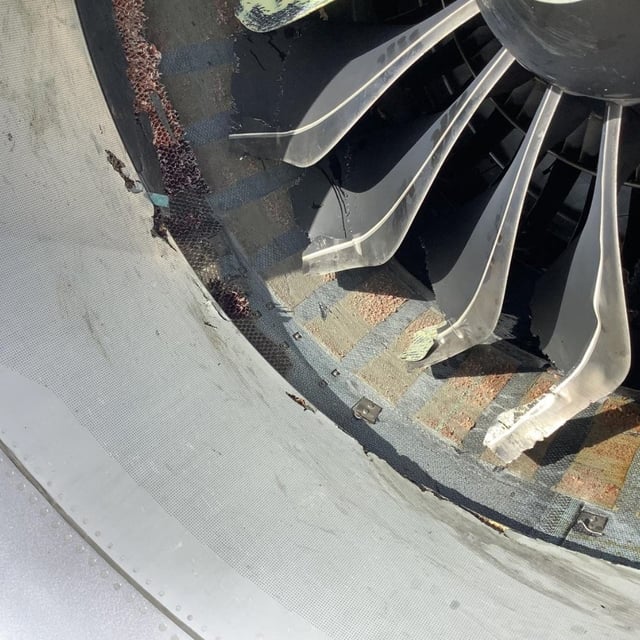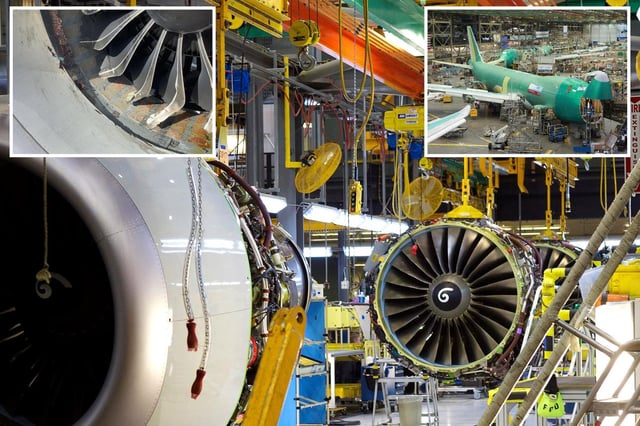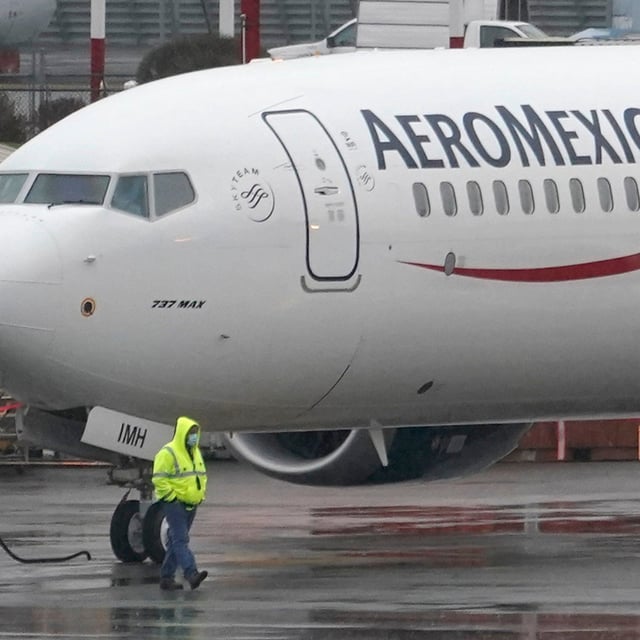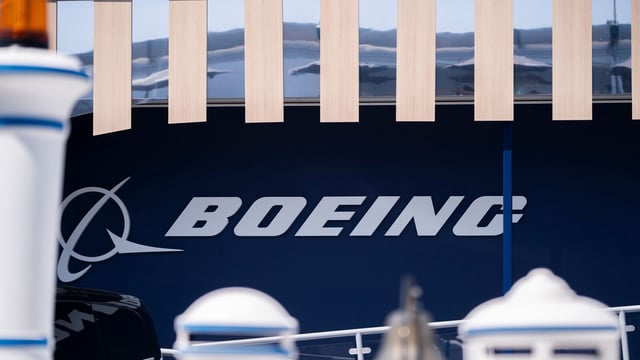Overview
- The NTSB has urged the FAA to alert crews on Boeing 737 Max and Airbus A320neo jets powered by CFM LEAP-1B engines about a risk of oil smoke entering the cockpit or cabin after load reduction device activation.
- Two bird-strike incidents on Southwest Airlines flights in March and December 2023 filled the cabin and cockpit with acrid smoke, highlighting a flaw in the engines’ safety mechanism.
- Investigators found that the load reduction device can damage the engine oil system and allow hot oil fumes to seep into aircraft ventilation ducts.
- Boeing and CFM International are collaborating on a software modification designed to automatically limit smoke release, and the FAA has agreed to mandate its installation once certified.
- The NTSB also recommended regulators review LEAP-1A and LEAP-1C engines and major carriers like IndiGo, Air India, Akasa Air, and SpiceJet are preparing to adopt the upcoming updates.



